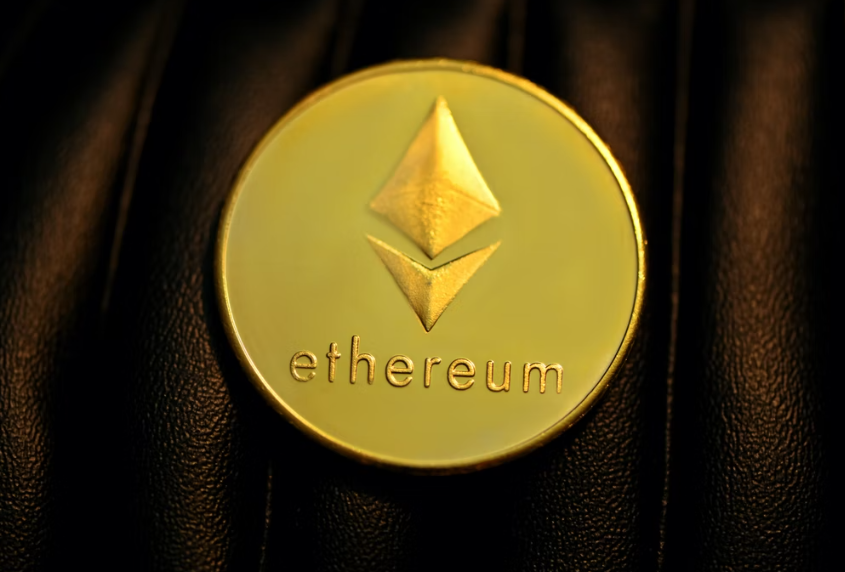Ethereum Classic is a decentralized platform that runs smart contracts, which is an application that runs exactly as programmed without any possibility of fraud or third party interference. It is a continuation of the original Ethereum blockchain - the classic version preserving untampered history free from external interference and subjective tampering of transactions.
Ethereum Classic is a public, decentralized platform that runs smart contracts and allows users to create and run decentralized applications (dApps). The platform is powered by the Ethereum Classic blockchain, which is a fork of the original Ethereum blockchain. The main difference between the two platforms is that Ethereum Classic maintains the untampered history of the Ethereum blockchain, while Ethereum has a separate blockchain that contains all of the changes made to the original blockchain.
Ethereum Classic is also notable for its strong community of developers and users. The platform has a wide range of resources available for developers, including an official forum, a blog, and a dedicated Slack channel. These resources make it easy for developers to get started with Ethereum Classic and learn more about the platform.
Ethereum is a platform that can be used to create decentralized applications (dApps). These dApps can have a wide variety of purposes, including but not limited to:
1. Decentralized exchanges: Ethereum can be used to create decentralized exchanges, which would allow users to trade cryptocurrencies without having to trust a third party. This would provide increased security and privacy for users, as well as reduce the risk of theft or fraud.
2. Decentralized marketplaces: Ethereum can also be used to create decentralized marketplaces, which would allow buyers and sellers to interact directly with each other without the need for a third party. This would help reduce costs and fees, and would also be more secure and trustworthy than traditional marketplaces.
3. Voting and governance: Ethereum can be used to create decentralized voting and governance systems. This would allow for more transparent and democratic decision-making, as well as reduce the risk of fraud or manipulation.
4. Social networking: Ethereum can be used to create decentralized social networking platforms. This would give users more control over their data and privacy, and would also be more resistant to censorship.
Ethereum classic is a versatile platform that can be used for a variety of purposes, including online entertainment. For example, Ethereum can be used to power transactions in online Ethereum classic casino. This makes it easy for players to deposit and withdraw funds, and it also allows casinos to offer a wide range of games and bonuses.
Ethereum Classic also has a variety of applications that can be used for a variety of purposes, including online entertainment. For example, Ethereum can be used to power transactions in online casinos.
Ethereum Classic offers a number of benefits over traditional Ethereum, such as it is less vulnerable to fraud or theft, and it also helps ensure that transactions are fair and accurate. The platform has a wide range of resources available for developers, making it easy for developers to improve and build upon them.














